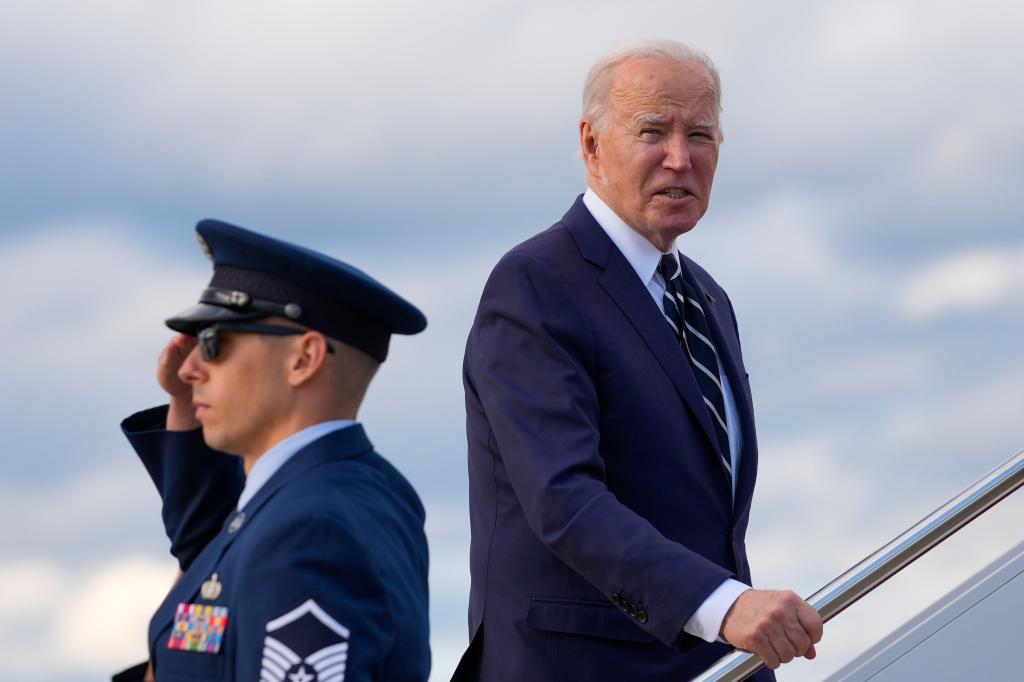Former NATO Supreme Allied Commander James Stavridis criticized the Biden administration for its handling of retaliations against the Iran-backed terror group the Houthis, calling the approach “timid.” Stavridis expressed concerns about the escalating conflict and the potential risks to US warships and merchant traffic if the current strategy is not effective. He emphasized the need for a stronger offensive against the Houthis and even suggested targeting Iranian maritime assets to cut off their support for the rebels.
Despite the US military strikes on hundreds of Houthi targets earlier this year, the group remains undeterred and continues its attacks, including killing crew members of a bulk carrier last month. Lt. Gen. Alexus Grynkewich claimed that the American attacks have influenced the behavior of the Houthis to some extent, but Stavridis believes that more aggressive action is necessary. He stressed the importance of preventing further attacks and sending a strong signal to Iran to stop supporting the rebel group.
The conflict in Yemen began in 2014 when the Houthis took control of the country, leading to a civil war. Their recent offensives are aimed at supporting Palestinians during the Israel war and expanding their influence in the region. Iran, a key ally of the Houthis, launched a retaliatory air assault on Israel over the weekend following an attack on Iranian officials in Syria. Despite the Iranian attacks, Israel successfully intercepted most of the drones and missiles launched by Iran, preventing significant damage.
Stavridis highlighted the urgency of the situation and the potential consequences if the current approach to dealing with the Houthis is not effective. He raised concerns about the safety of American sailors and the potential environmental disaster if a ballistic missile were to breach the defenses. Stavridis emphasized the need to take more decisive action against the rebels and their Iranian backers to prevent further escalation of the conflict and protect US interests in the region.
The Biden administration’s response to the escalating conflict in Yemen has been criticized for being too cautious and not taking strong enough action against the Houthis. Stavridis urged a more robust offensive strategy to effectively deter the rebels and their sponsors. He called for a reevaluation of the current approach and suggested targeting Iranian maritime assets to cut off support for the Houthis. The ongoing conflict in Yemen and its implications for regional stability underscore the need for a more proactive and decisive response from the US government.
In summary, the criticism of the Biden administration’s handling of the conflict with the Houthis highlights the challenges of dealing with Iran-backed groups and the need for a stronger response to ensure the safety of American interests in the region. Stavridis’ calls for a more aggressive approach reflect growing concerns about the escalating tensions and the risks posed by the ongoing conflict. The situation in Yemen and the broader implications for regional stability underscore the importance of addressing the root causes of the conflict and taking effective measures to prevent further escalation.


